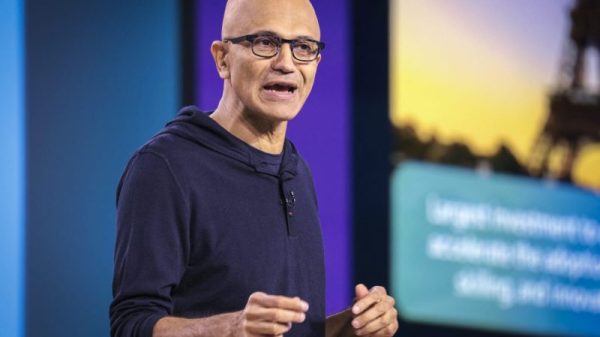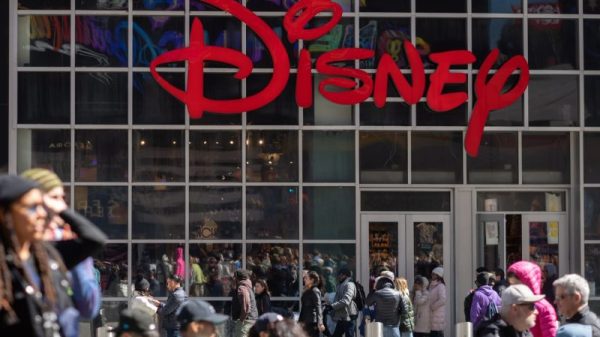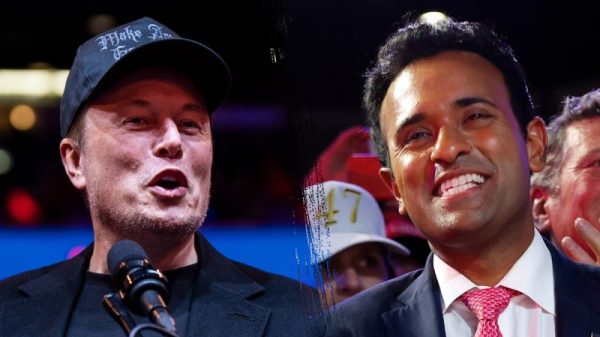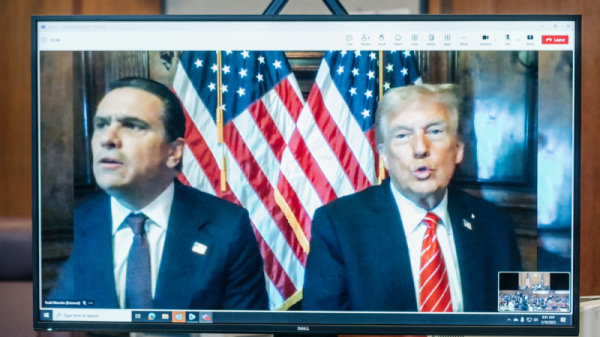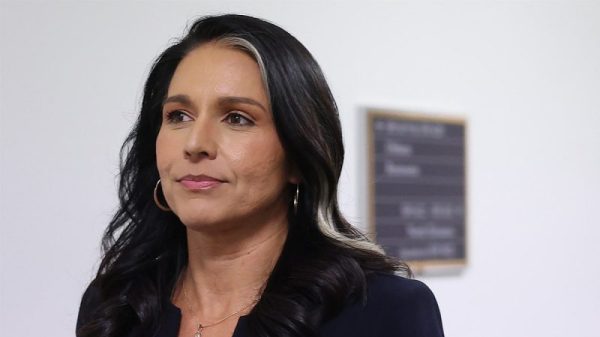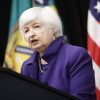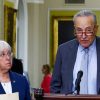Welcome to The Campaign Moment, your guide to the biggest developments in a 2024 election that might set the modern record for political bed-wetting. But the sheets are only moist on one side.
(Did a friend forward this to you? If so, sign up here. You can also listen to my “Campaign Moment” podcast on Apple Podcasts, Spotify or wherever you get your podcasts.)
The contrast between the two parties in recent weeks could not be clearer. Republicans greeted Donald Trump’s Manhattan conviction by rallying to his cause and insisting the bad news was, in fact, good news. Democrats greeted President Biden’s awful Thursday-night debate performance by turning the fretting up to 11 — in a way only Democrats can do. Democratic-aligned pundits, newspaper editorial boards and many Democratic voters have called for Biden to step aside.
Yes, it remains a far-flung idea. Political junkies (raising my hand here) often salivate over the prospect of an “open” or contested convention, however unlikely.
But the fact that it’s being spoken about so publicly and earnestly by so many people is surely a reflection of a historic moment. It’s also a highly fraught one with no great answers for the blue side.
So let’s take stock of where we’re at.
How bad Biden’s debate was
We’ve got limited polling data on this so far, especially when it comes to how the matchup between Trump and Biden might have shifted. But a few findings stand out:
The debate appears to have compounded Biden’s already-vexing age problem. A CBS/YouGov poll showed the percentage of voters saying Biden has the requisite mental and cognitive abilities to serve dropping from 35 percent last month to 27 percent after the debate. As many as 4 in 10 Democrats now say he’s not up to the job.
The same poll showed 45 percent of Democrats said Biden should step aside for another candidate, and 72 percent of Americans say Biden should not be running. A Suffolk University poll showed 41 percent of Democrats said Biden should be replaced.
A CNN poll conducted shortly after the debate showed Biden’s favorable rating dropping from 37 percent to 31 percent among debate-watchers, while Trump’s rose from 40 percent to 43 percent. (And it bears emphasizing that these were the same people contacted before and after the debate.)
The Suffolk poll showed about 1 in 6 voters who supported Biden in 2020 said the debate made them more likely to back either Trump (3 percent) or a third-party candidate (13 percent).
The debate might ultimately have a limited impact on the head-to-head ballot, which has proved stagnant through other major developments. And that could lessen the urgency to replace Biden. But it appears to have deepened Biden’s existing liabilities in a race in which he already appeared to trail.
Why it happened
The blame game is in full swing, and everyone wants answers. The Washington Post’s Tyler Pager interviewed eight people who were involved in or briefed on Biden’s debate preparation, and the reporting is unlikely to reassure Democrats.
Pager reports that Biden prepared for the debate over a full week at Camp David, and that this preparation included every major topic that came up. But Biden’s answer to a late question about age, for instance, bore very little resemblance to his preparation:
What happens next
While Biden allies and pundits are calling for Biden to step aside, the official Democratic Party is thus far resisting those calls and assuring that they’ll press forward with Biden.
Virtually no Democratic lawmakers are actually entertaining the thought — at least publicly. (Though one of the speculated-on replacements, Kentucky Gov. Andy Beshear, did raise some eyebrows Monday by saying, “Only the president can determine his future. … He is the candidate, and as long as he is, I’m supporting him.”)
Part of that is Democrats not wanting to undercut Biden. But a large part of it is a reflection of just how difficult and dicey such a move would be. Biden would have to bow out and release his delegates to the August Democratic National Convention, and they would then pick a replacement.
The likeliest replacement would be Vice President Harris, but she has her own significant political problems. And imagine the convention bypassing the first Black vice president at a time in which one of the party’s most significant problems is bleeding Black voters’ support.
The Biden campaign over the weekend suggested that the alternatives wouldn’t fare any better, pointing to polling showing them performing similarly to Biden. But many are largely unknown to the American people.
Podcast episode
Why this is all so fraught
Even if Democrats can’t or won’t replace Biden, the fact that this discussion is happening at all is deeply problematic for them. That’s because the conversation presupposes that Biden might not be up to the task. That task is being a candidate, but it can’t help but reflect on his ability to serve as president as well. And this is Biden’s own allies calling all that into question.
In addition, this debate is infused with huge passions. Trump is the great unifying force for Democrats, but they view him as such an existential threat to the country that it’ll be difficult for those concerned to pipe down and just be team players.
In other words, it might get worse before it ever gets better for Democrats — if it gets better.
Monday brought yet another big blow to Democrats, with the Supreme Court handing Trump a significant-if-not-total victory in his immunity case. But the repercussions are likely to last well beyond the 2024 campaign.
The court ruled that presidents have broad immunity from criminal prosecutions for actions taken as president. They are now absolutely immune for actions taken exercising their “core constitutional powers,” and they have the presumption of immunity for all official acts.
The court said presidents aren’t immune for actions that aren’t part of their official duties. That means Trump’s federal election-subversion prosecution can move forward.
But not before U.S. District Judge Tanya S. Chutkan has to consider what can even be part of the case now — a process that should be plenty involved and exclude some significant evidence against Trump. Beyond that, it means Trump’s case is even more unlikely to conclude or even start before the 2024 election.
The 2024 campaign aside, though, the decision insulates future presidents in a significant way — including Trump, who has made clear he’s prepared to test the limits of his power again if he’s elected to a second term. Two of the dissenting liberal justices even wrote that it could prevent a president from being prosecuted for ordering the assassination of a political rival or instructing the military to carry out a coup.
“In every use of official power, the President is now a king above the law,” wrote Justice Sonia Sotomayor.
The decision injects new urgency in issues of democracy in the 2024 campaign. But thus far, Democrats haven’t gotten much traction on those.
So just how bad was Biden’s debate, historically speaking?
The polls mentioned above showed voters saying Trump won the debate by between 34 and 40 points.
While the causes of his poor reviews might differ, we have seen debates in which a candidate lost about this badly in the public’s mind — several, in fact. And they’ve often been the first debates.
Per CNN’s past polling:
Biden won the first 2020 debate against Trump by 32 points (60-28).
Hillary Clinton won the first 2016 debate against Trump by 35 points (62-27).
Mitt Romney won the first 2012 debate over President Barack Obama by 42 points (67-25).
And Bill Clinton won the second 1992 debate over President George H.W. Bush by 42 points (58-16). Independent Ross Perot was deemed the winner by 15 percent.
You’ll notice from that list that two of the four candidates who got drubbed in a debate went on to win the election anyway (Trump 2016 and Obama 2012).
“Biden aides plotted debate strategy for months. Then it all collapsed.” (Washington Post)
“Biden needs support from millions of Americans who don’t think he can do the job” (Washington Post)
“Biden ought to see Macron’s drubbing in France as a danger sign” (Washington Post)
“10 options if Democrats actually try to replace Biden” (Washington Post)
“The ‘carpetbagger’ label is everywhere in 2024. Sometimes it sticks. Sometimes not.” (Washington Post)
“48 Hours to Fix a 90-Minute Mess: Inside the Biden Camp’s Post-Debate Frenzy” (New York Times)
“Top aides shielded Biden from staff, but couldn’t hide the debate” (Axios)







